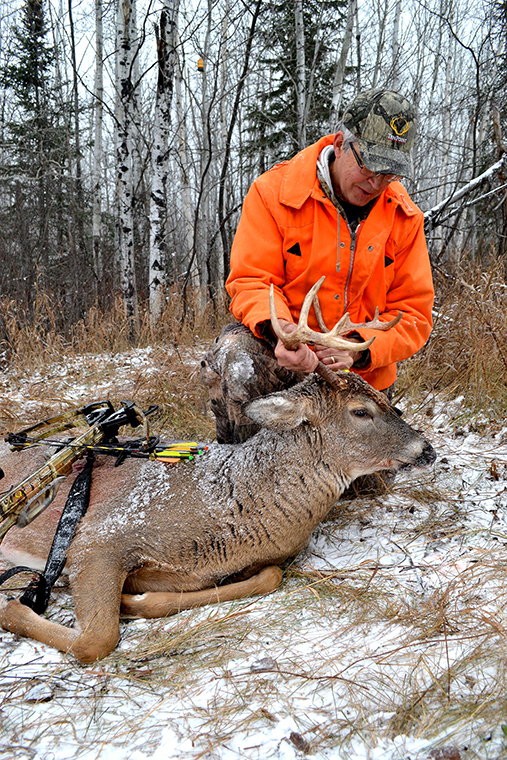
A study in Ontario may have identified the first-ever case of deer-to-human COVID-19 transmission.
Although white-tailed deer have been a known host of SARS-CoV-2 (the virus that causes COVID-19 in humans) for some time, there has been no direct evidence to suggest that deer could transfer the disease to humans until now.
Sampling deer
While sampling hunter-harvested deer across southwestern and eastern Ontario last fall, researchers identified 17 white-tailed deer with SARS-CoV-2 RNA out of 298 tested. These positive cases, which occurred exclusively in the southwest, are being attributed to an entirely new, divergent lineage (group of closely related versions of a virus) of SARS-CoV-2.
None of the deer showed any signs of illness.
Even more significantly, the same team of scientist identified a single human case of COVID-19 from the same region which exhibited a high degree of genetic similarity to the version of the virus found in local deer. This, combined with the individual’s recent close-contact with deer, strongly suggests this is, indeed, the world’s first known case of deer-to-human COVID-19 transfer.
Research ongoing
Although the study, posted Feb. 25 on the pre-print archive bioRxiv, has not yet been peer-reviewed, its findings have the potential to be significant not only for hunters, but for everyone.
“The OFAH is monitoring this situation closely and committed to keeping our members up to date,” said Ontario Federation of Anglers and Hunters (OFAH) Wildlife Biologist Dr. Keith Munro. “This research is based on the samples hunters submitted from their harvested deer to the CWD surveillance program. This is yet another example of how hunters play an incredibly important role in wildlife management, one that benefits all Ontarians.”
As a precaution, the federal government recommends that hunters wear gloves and eye protection when handling wildlife carcasses, wear a mask when handling respiratory tissue and fluids, and cook meat to an internal temperature of 74°C or 165°F.
Report sick, strange acting, or dead wildlife. Contact the Canadian Wildlife Health Cooperative at 866-673-4781 or by email at [email protected].
Click here for more outdoors news
To read more about how COVID-19 is impacting your outdoors community, click here


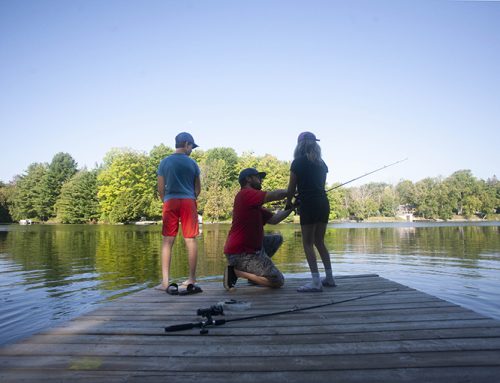
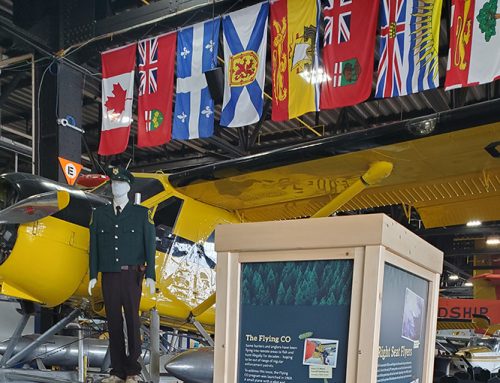
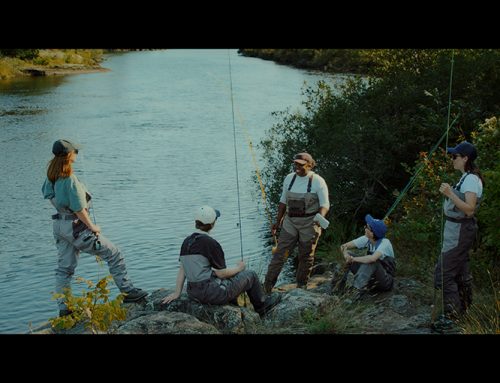
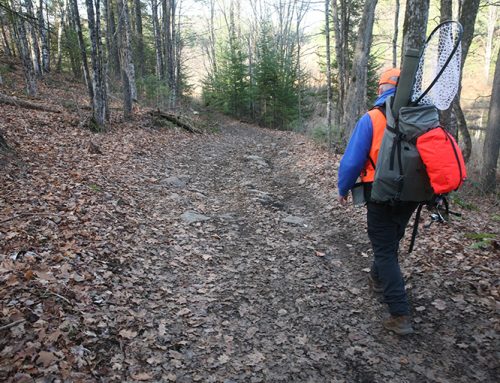
Leave A Comment